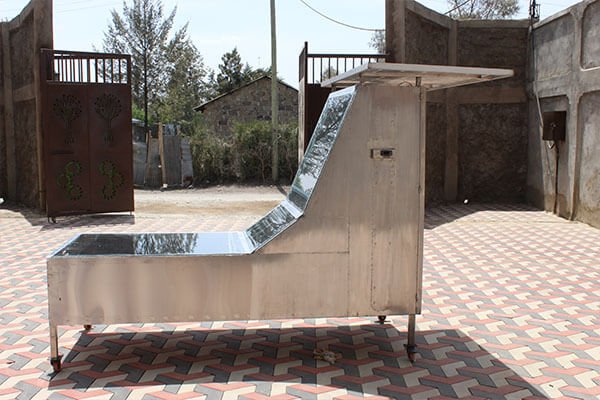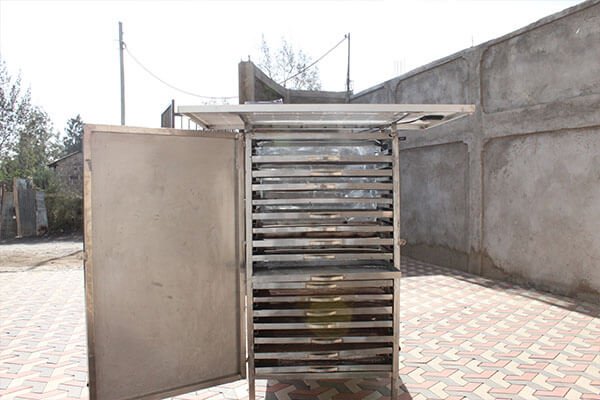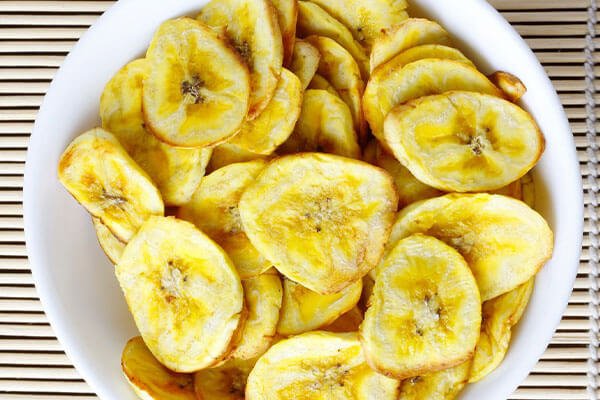The Eco-sav Dehydrator
According to The Kenya Country Commercial Guide, Kenya’s power sector has experienced steady growth over the last two decades. Having more than doubled electricity access from 32% in 2013 to 75% of households in 2022 aggressively increasing access to the power grid. The electricity access rate for urban areas stands at 100%, while rural Kenya stands at 65%.
The government’s commitment to invest in clean renewable energy has brought a change in rural areas as an alternative method of energy production. In places with limited access to electricity or traditional methods of drying are not effective. Solar energy is a cost-effective method of energy production. Once the initial cost of buying the machine to provide drying is incurred the energy used to dry the produce is free of charge.
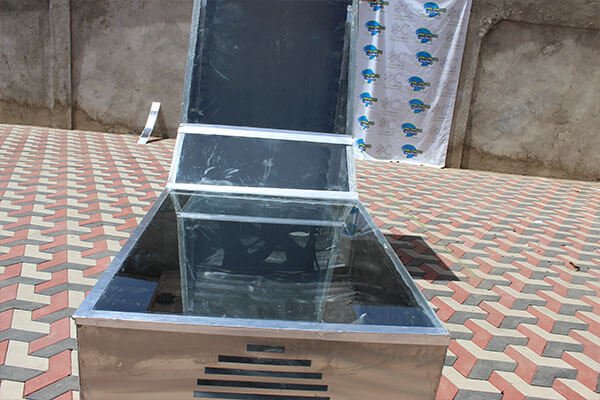
Solar drying can help preserve the nutritional value and quality of farm produce by reducing post-harvest loss through reducing contamination and spoilage. The Eco-Sav dehydrator ensures there is an optimal time between harvesting and consumption. Farmers can maximize yields and reduce waste. All this happens to ensure the natural flavor of farm produce remains the same.
Solar energy uses a clean source of energy that does not pollute the environment. Traditional methods of drying that use wood contribute to air pollution. As a reliable and consistent source of energy, the Eco-Sav Dehydrator mechanism is efficient in drying and can harness energy even on cloudy days.
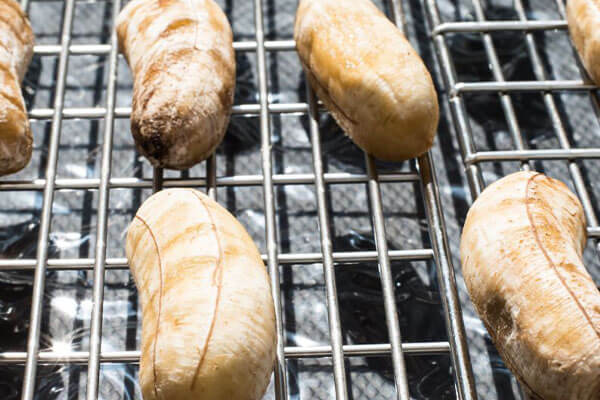
Solar energy is an important tool for farmers looking for ways to dry their products effectively. Harnessing the power of the sun is a cost-effective way of drying while minimizing the impact on the environment. Adopting the best agricultural practices can lead to numerous benefits that ensure a more sustainable and secure food supply for everyone.
